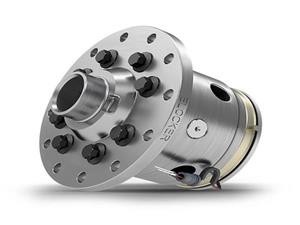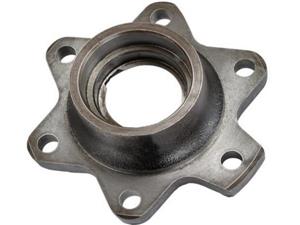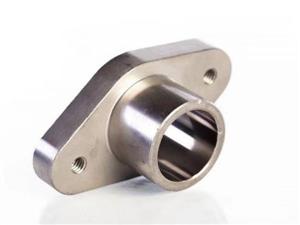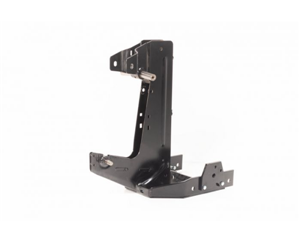How To Tell The Difference Between Sand Casting And Forged?
In daily industrial production, sand casting and forging are two common metal forming processes, but many customers often cannot tell the difference between the two. In fact, the most intuitive way to distinguish sand casting from forgings is to observe their surface features. The surface of sand casting usually retains the texture of the sand mold, which is slightly rough and sometimes has small sand holes; while the surface of forgings is relatively smooth and flat, and the metal flow lines are relatively clear.
In addition to the appearance, the production processes of the two are also completely different. Sand casting is to pour molten metal into the sand mold for molding, which is suitable for the production of complex-shaped parts; while forging is to deform the metal blank by hammering or pressure, which is more suitable for important parts requiring high strength. From the perspective of cost, sand casting is actually more suitable for small and medium-sized batch production, and forging is more suitable for large-scale production.
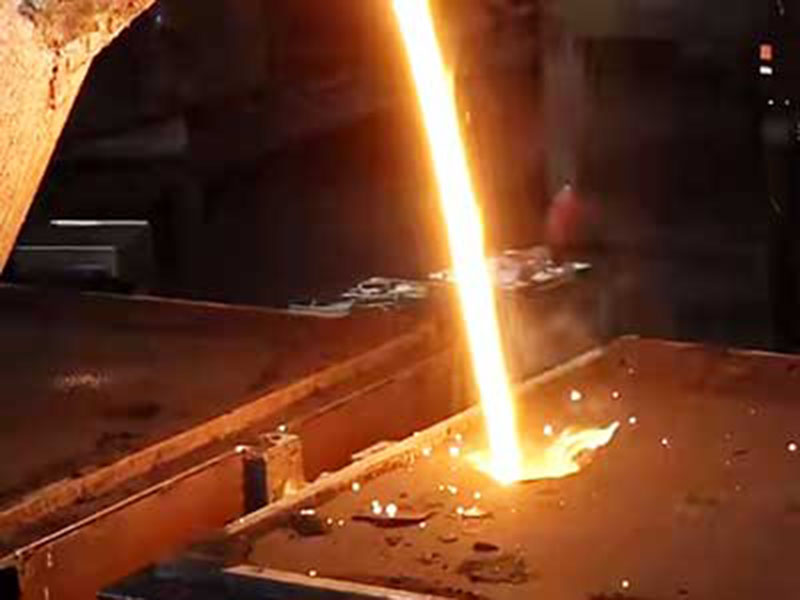
Speaking of sand casting, this is our core expertise. Fuding has more than 60 years of professional sand casting production experience, and our factory is equipped with advanced resin sand production lines and automated molding equipment. From product design, mold making to casting processing, Fuding can solve it for you. It is particularly worth mentioning that our precision sand casting technology can achieve CT8-level dimensional accuracy and surface roughness Ra≤12.5μm, which can fully meet the needs of most industrial applications.
Fuding has established a complete quality assurance system. From the entry of raw materials to the delivery of finished products, each link is strictly tested. We are also equipped with advanced testing equipment such as spectrometers, X-ray flaw detectors, and three-coordinate measuring machines, and each product produced meets customer requirements. In recent years, our sand casting pass rate has continued to remain above 98.5%, far higher than the industry average.
We can provide castings of various materials such as gray cast iron, ductile iron, and alloy cast iron, and you can choose products of different materials according to your different needs. Whether you need pressure-resistant parts, wear-resistant parts, or corrosion-resistant parts, we can customize the most suitable material formula according to customer requirements. Our team of engineers is also ready to provide you with professional technical support and process suggestions.
In fact, sand casting and forging each have their own advantages, and the choice of which process depends on the specific application scenario and your specific needs. Fuding's professional team can recommend the most suitable processing technology for you based on factors such as your product requirements, budget, and delivery time. If you are looking for a reliable sand casting supplier, please feel free to contact us for negotiation.

